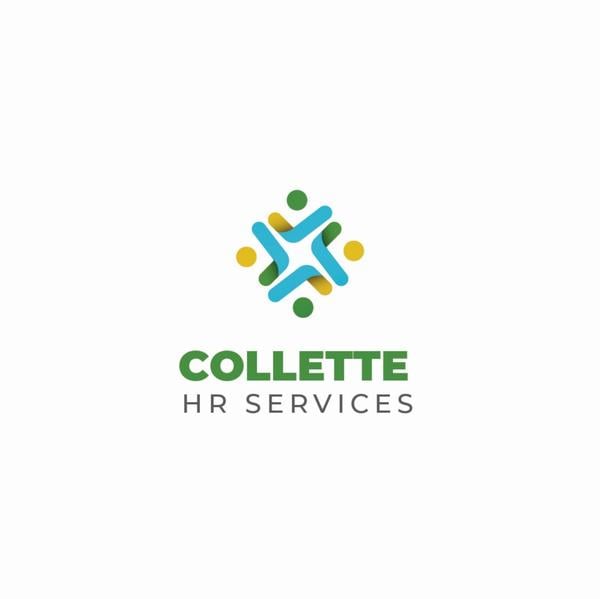Outsourcing Payroll Duties

Outsourcing payroll tasks can be a sound organization practice, but … Know your tax duties as an employer

Many companies outsource some or all their payroll and associated tax responsibilities to third-party payroll service suppliers. Third-party payroll provider can streamline organization operations and assist fulfill filing deadlines and deposit requirements. Some of the services they supply are:

– Administering payroll and employment taxes on behalf of the employer where the company offers the funds at first to the third-party.
– Reporting, collecting and depositing employment taxes with state and federal authorities.
Employers who outsource some or all their payroll duties need to consider the following:
– The company is ultimately responsible for the deposit and payment of federal tax liabilities. Although the employer may the tax totals up to the third-party to make the tax deposits, the employer is the accountable celebration. If the third-party stops working to make the federal tax payments, then the IRS may examine charges and interest on the company’s account. The employer is accountable for all taxes, charges and interest due. The employer might also be held personally liable for specific overdue federal taxes.
– If there are any concerns with an account, then the IRS will send out correspondence to the company at the address of record. The IRS strongly recommends that the company does not change their address of record to that of the payroll company as it may considerably restrict the employer’s capability to be informed of tax matters including their business.
– Electronic Funds Transfer (EFT) need to be utilized to deposit all federal tax deposits. Generally, an EFT is made using Electronic Federal Tax Payment System (EFTPS). Employers need to ensure their payroll providers are using EFTPS, so the employers can confirm that payments are being made on their behalf. Employers should register on the EFTPS system to get their own PIN and utilize this PIN to periodically validate payments. A warning must go up the very first time a provider misses a payment or makes a late payment. When an employer registers on EFTPS they will have online access to their payment history for 16 months. In addition, EFTPS permits employers to make any additional tax payments that their third-party provider is not making on their behalf such as estimated tax payments. There have been prosecutions of people and companies, who acting under the appearance of a payroll provider, have taken funds intended for payment of work taxes.

EFTPS is a safe, precise, and simple to utilize service that provides an immediate confirmation for each deal. This service is offered complimentary of charge from the U.S. Department of Treasury and enables employers to make and validate federal tax payments electronically 24 hr a day, 7 days a week through the internet or by phone. To learn more, companies can register online at EFTPS.gov or call EFTPS Customer support at 800-555-4477 for an enrollment kind or to talk with a customer care agent.

Remember, employers are ultimately accountable for the payment of income tax kept and of both the company and staff member portions of social security and Medicare taxes.
Employers who think that a bill or notification gotten is an outcome of a problem with their payroll service provider should contact the IRS as quickly as possible by calling the number on the expense, writing to the IRS office that sent the expense, calling 800-829-4933 or visiting a regional IRS office. To find out more about IRS notifications, expenses and payment choices, refer to Publication 594, The IRS Collection Process PDF.

